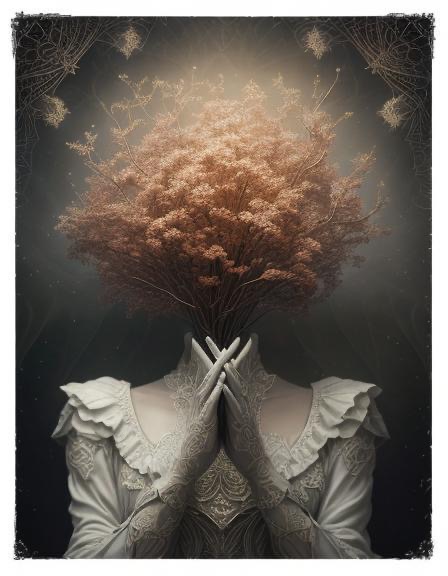
The Beauty and Burden of Suffering
Suffering is a universal experience, yet it feels deeply personal when it finds its way into our lives. It’s messy, unwelcome, and often leaves us grappling with questions we can’t answer. But no matter how much we try to avoid it, suffering has a way of carving its path into the human story.
At first glance, there’s nothing beautiful about suffering. It hurts—physically, emotionally, spiritually. Whether it’s the ache of loss, the sting of rejection, or the weight of uncertainty, pain isolates and tests us in ways we never thought possible. We live in a culture obsessed with comfort and success, yet suffering reminds us that we can’t control everything. That truth stings.
But what if suffering isn’t just a thief stealing our joy? What if it’s also a teacher?
Suffering forces us to pause. When life is smooth, we’re rarely compelled to reflect deeply on who we are or what truly matters. But in pain, the layers we’ve built around ourselves, pride, fear, illusions of invincibility, begin to peel away. We come face to face with our vulnerability and, often, with our truest selves.
It’s in these moments of raw honesty that growth takes root. Suffering teaches resilience, not the kind that simply “toughens you up,” but the kind that transforms you. It’s the resilience born from discovering that, even in the depths of despair, there’s a spark inside you that refuses to go out.
Connection Through Struggle
There’s a strange paradox in suffering: though it isolates, it also connects. Think about the people you’ve bonded with most deeply. Chances are, you’ve shared moments of hardship with them. Suffering builds empathy because it gives us a firsthand understanding of what it means to hurt.
When we choose to share our pain, not in the form of complaints but as an offering of vulnerability, it creates space for others to do the same. In this way, suffering builds bridges between us, reminding us that none of us is truly alone.
Not all suffering feels purposeful in the moment. Some losses, like the death of a loved one, defy explanation. But over time, many of us find ways to weave our pain into the fabric of our lives. This doesn’t mean we’re grateful for our suffering, but we learn to see how it shapes us.
Maybe it makes us softer, more compassionate, or braver. Maybe it pushes us to pursue something we wouldn’t have otherwise, a career, a relationship, a cause. Sometimes, suffering gives us the strength to help others navigate their own pain, turning our wounds into someone else’s balm.
Suffering isn’t something we can conquer or neatly package. It’s messy, unpredictable, and often unfair. But perhaps the key isn’t to avoid suffering at all costs, but to embrace the tension it brings: the heartbreak and the hope, the despair and the resilience, the loss and the lessons.
If we let it, suffering can refine us in ways that comfort never will. It strips us of our illusions and leaves behind something truer, something more human. And in that, there’s a quiet kind of beauty.
What has suffering taught you? Maybe you’re in the thick of it right now, or maybe you’re looking back at a time when pain felt like your constant companion. Whatever your story, remember this: suffering is part of the story, but it’s never the whole story.
Christine Bunn
Post Views : 805